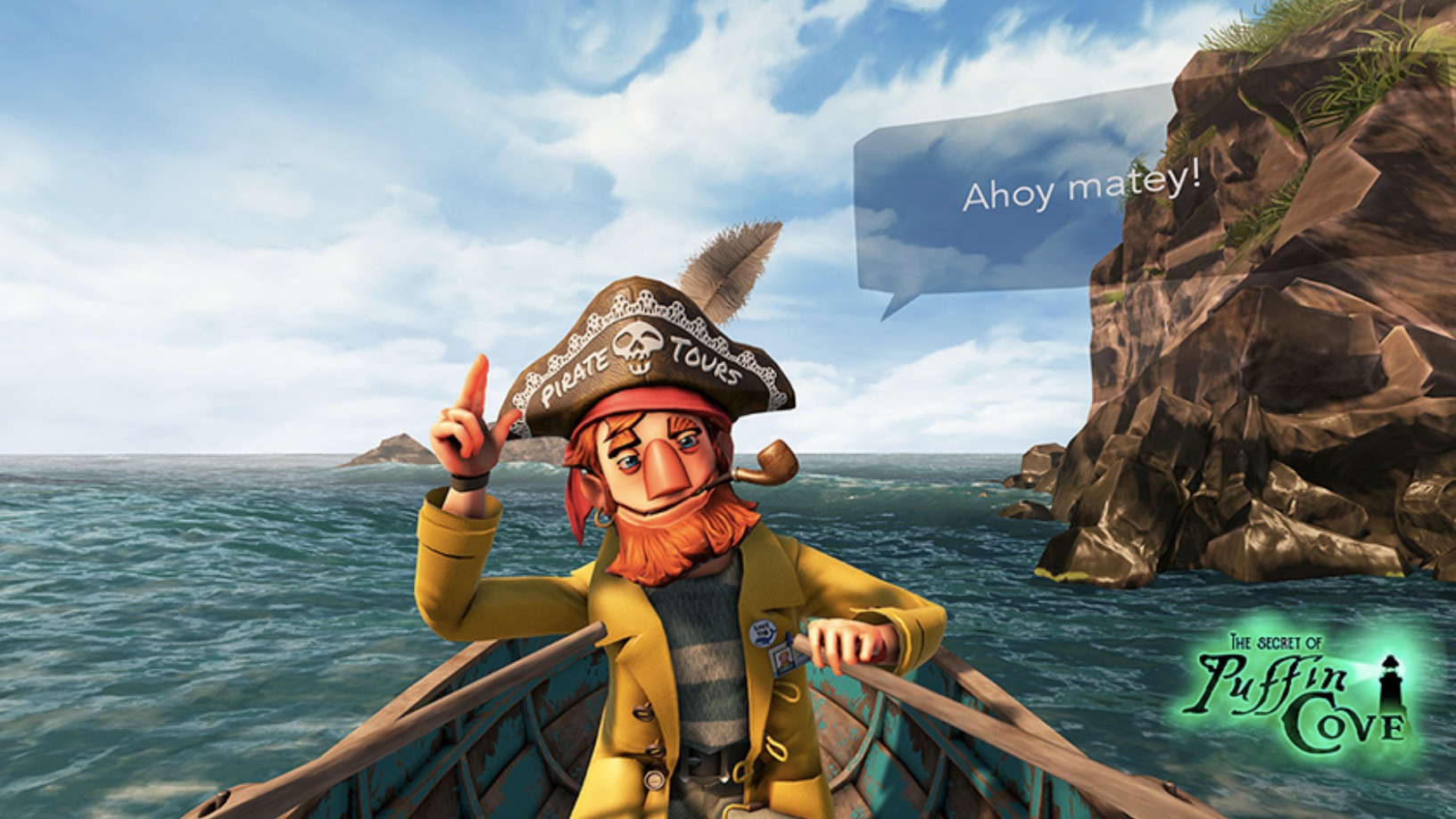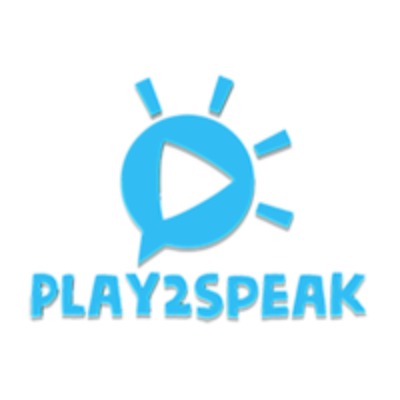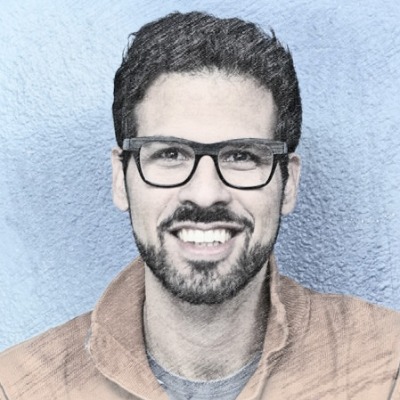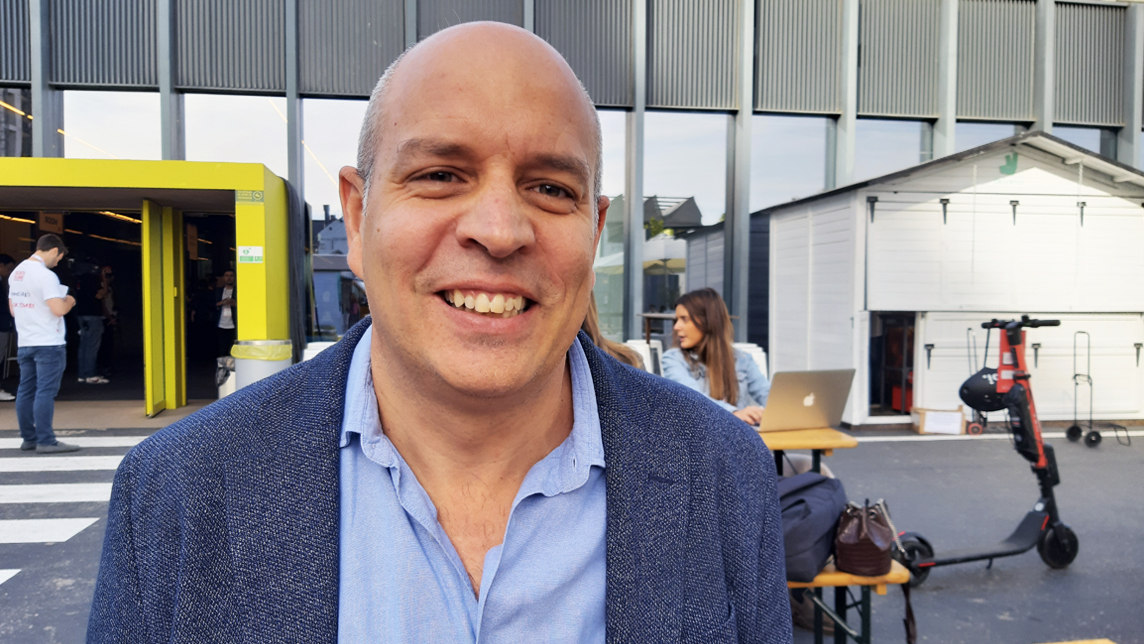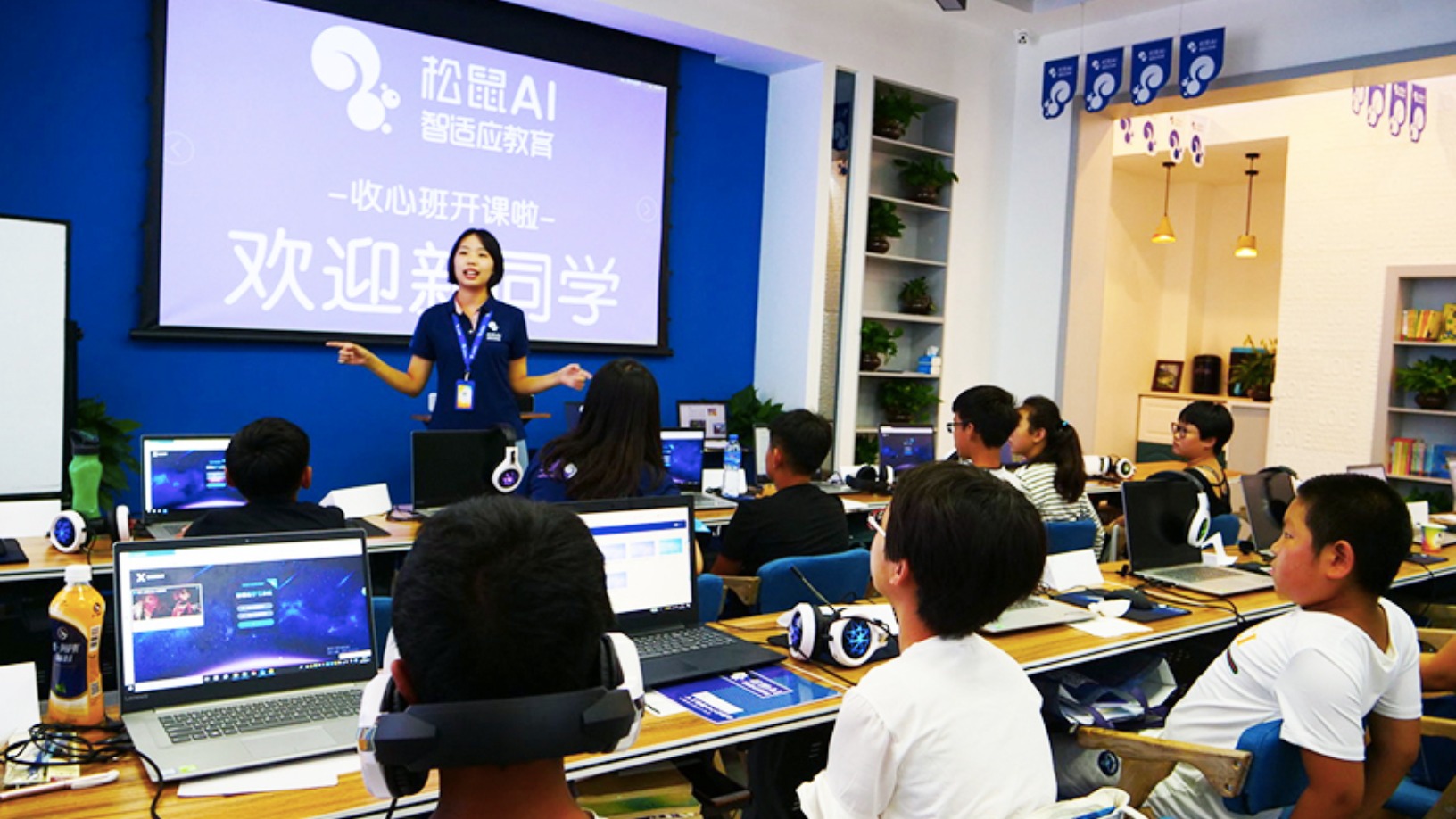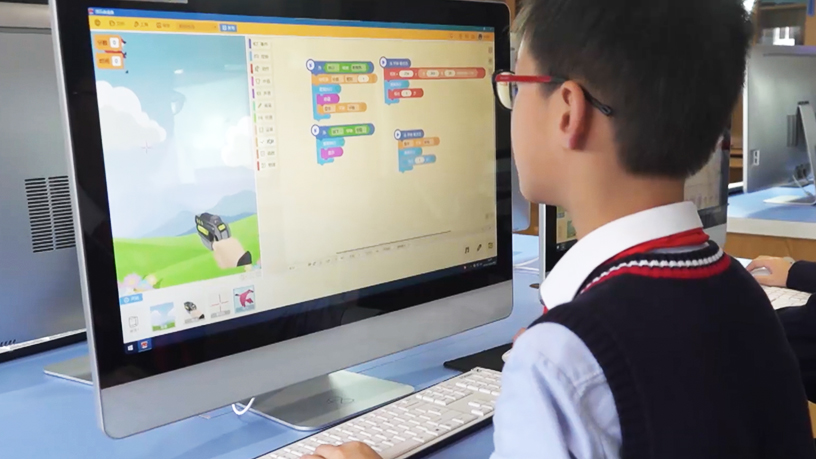Spanish edtech startup Play2Speak has made not one, but two pivots over the past year – in business model and in market. The Madrid-based company has switched to targeting the massive tutoring market in China worth over $52bn, offering kids English-language learning through the immersive experience of VR storytelling and interactive games.
After raising €51,000 via crowdfunding on Seeders, Play2Speak changed to a B2B model in the last quarter of 2019, from selling standalone titles directly to consumers via educational content e-commerce platforms. Created to help children learn English as a foreign language more easily using contextual and immersive systems facilitated by VR and AI, Play2Speak’s first product, “The Secret of Puffin Cove,” was an adventure story and game set on the English coast. A second title, made up of 13 mini-stories spanning five minutes each, followed at the end of last year.
“We first started targeting B2C clients, but we soon realized that the market was not ready. People who have VR headsets were just looking to play games like shooting,” CEO and co-founder Giuseppe Fantigrossi said in an interview.
Currently in talks with Chinese companies, Play2Speak is eager to enter the Asian edtech space where kids tend to be used to learning online and demand is huge – and still growing, especially since the Covid-19 pandemic forced schools to shut and nearly 200m kids in China had to study from home. Investors have flocked to bet on Chinese edtech startups, with the most valuable edtech unicorn Yuanfudao reportedly raising $1.2bn in a new funding round, at a $13bn valuation.
According to Fantigrossi, adults in Asia are less inclined to spend on their own education. But "when they have to spend on their kids, they tend to put in a lot of money, and that’s why we want to focus on this segment,” he said. “We are a Spanish company, but Spain was not ready for us at all and so we went to Asia."
Expand through partnerships
Understanding that kids often find learning a new language stressful, Play2Speak seeks to make the learning fun, and supported by contextualization and personalized conversations. Scoring and reports on the user’s progress all happen in real time. For example, new words are repeated by the 3D characters in different situations to help users pick up how to use the vocabulary in different contexts. This results in a better understanding of the vocabulary taught, as well as improved pronunciation and fluency.
We’re a Spanish company, but Spain was not ready for us and so we went to Asia
“We want to turn static learning materials like books and CDs into dynamic, conversational adventures that force the learner to express his or her knowledge in a constructive manner,” Fantigrossi said at EdTechXEurope 2018.
The startup was finalizing the MVP of a new version of “The Secret of Puffin Cove,” in Walkthrough Encounters for the A2 English level, when the Covid-19 pandemic broke out.
“We had a couple of pilots in Russia, the Czech Republic and South Korea, and everything just stopped,” Fantigrossi said. The team also tried to secure VC funding, but that didn’t work out either.
“We were completely stuck,” he recalled, “so I asked myself, what am I good at? I’m good in making partnerships, so why don’t we go find partners?”
That led to Smart Stone Technology entering the scene. The Australian-based company is a leading VR solution provider in the edtech space. “They have all kinds of classes where you go in to VR e-learn, and they are distributors in Australia, Southeast Asia and China,” Fantigrossi said. “We are trying to work something out together.”
Thanks to introductions made by Smart Stone Technology, Play2Speak has joined a tender to sell its solutions to 20 Chinese schools in Shanghai, with about 1,500 users in all.
This month, the startup also began work for a new client, an Australian school; as well as created a customized game for Uptale, a French immersive VR learning platform for corporate training. “We’ll see if it make sense and if it does, we’ll do our own version of the game,” Fantigrossi said. “We are tapping partnerships to get our name out.”
Talks are also underway with potential distributors and partners in China, Australia, Turkey and France under a revenue-sharing model. Play2Speak Walkthrough Encounters for the A2 level of English are priced between €30 and €50, with additional B1 and B2 level modules, currently being developed, available at €15 each.
The startup is also looking to raise seed funding of €350,000 to create more products, including in new languages like Chinese and French, and additional training levels. “We are looking into it right now and we are looking to get backed internationally,” Fantigrossi said.
From games to virtual learning
Fantigrossi, who is fluent in four languages and has over a decade’s worth of international experience in business development and operations, joined the Play2Speak co-founding team at the beginning of 2017. The other two co-founders, Fabio Polimeni (CTO) and Alberto Gordillo (Creative Director), met in 2013 while working at Lionhead Studio, a well-known UK-based games production studio. Gordillo had been a concept artist and level designer for over 23 years. Polimeni joined the games developer as senior core-tech programmer.
In 2016, the pair decided to set up their own game development company, Poligor Studio, to focus on VR applications. A year later, the idea was pivoted to focus on the educational sector. They started to merge visual narratives, 3D content and virtual environments together with educational components.
The startup has won acclaim for its unique combination of edtech skills, ranging from design and gamification to microlearning methodologies and storytelling. In 2017, the team won the top prize at the Google-run Startup Weekend in Madrid. They also joined the OARSIS incubation and venture builder program that foster talent growth in the VR/AR/MR ecosystem.
In 2018, Play2Speak reached the finals at the EU Startups Awards in Barcelona, Lisbon’s Web Summit and South Summit’s edtech event EnlightED. It was also named the most innovative startup at SIMO Education Innovation, the Learning Technology exhibition in Madrid. Recently, it was a finalist at the Blue Tulip Award in Amsterdam and the Qualcomm XR Innovation Challenge in China.
